Interview by Jana Hoops. Special to the Clarion-Ledger Sunday print edition (January 19)
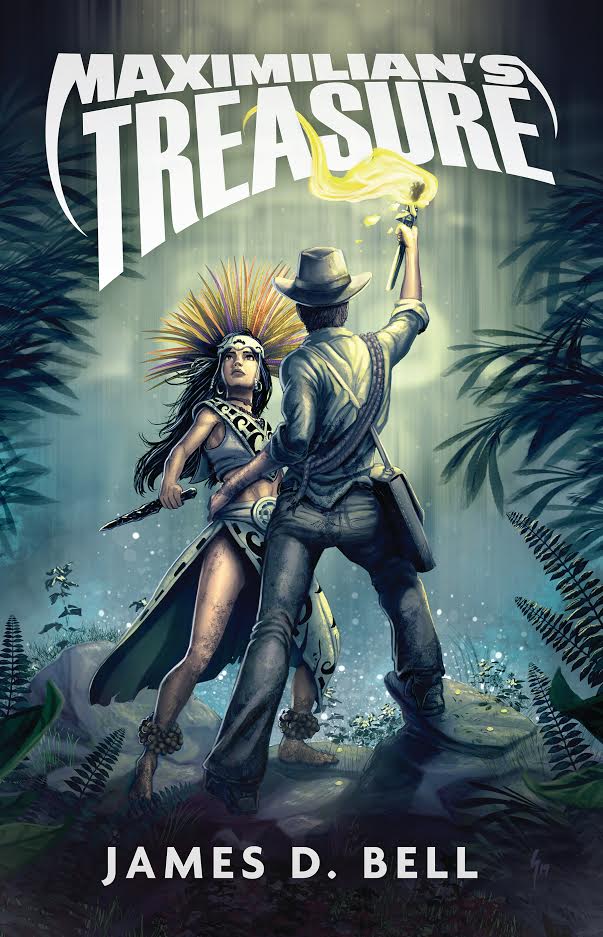 Brandon resident James D. Bell’s sophomore novel Maximilian’s Treasure reinforces this writer’s achievement as an award winning, bestselling author (not to mention his penchant for suspenseful adventure), following his success with his debut hit Vampire Defense (Sartoris Literary Group).
Brandon resident James D. Bell’s sophomore novel Maximilian’s Treasure reinforces this writer’s achievement as an award winning, bestselling author (not to mention his penchant for suspenseful adventure), following his success with his debut hit Vampire Defense (Sartoris Literary Group).
Bell, an attorney and retired judge who served at the county, circuit, and chancery levels in Mississippi, combines courtroom drama, romance, suspense and two gripping battles–one in a Philadelphia, Miss., courtroom and the other in a Central American jungle–taking place at the same time in Maximilian’s Treasure.
His legal career has found him involved in some of the most significant cases in Mississippi, allowing him a generous framework of actual experiences he has drawn on for his novels.
He has also penned a short story for Mardi Allen’s Dog Stories for the Soul.
Bell and his wife Joanne are the parents of four children.
Your second novel, Maximilian’s Treasure, is a legal thriller packed with murder, courtroom drama, romance, adventure, and humor. Can you give us an overview of the plot?
Rumors of hidden gold fuel a battle over possession of a Choctaw family farm. Two young lawyers, John Brooks and Jackson Bradley, agree to help the family keep their farm. Early legal success prompts the drive-by murder of the patriarch of the family. The grandson chases the suspects, whose bodies are found on the farm, scalped.
At the same time, clues to a vast treasure are found on the farm. Jackson, pursued by fortune seekers, adventurers, an exotic beauty and a homicidal maniac, follows the clues to a Caribbean reef and then to the Chiapas jungle. John stays behind to defend the grandson and continue the fight for the farm. His efforts are complicated by arson, murder, race riots, and the realization he lost his one true love. The adventures of John and Jackson rush toward an intertwined triple climax.
You have stated in your blog that this story is based somewhat on a case that you and a fellow attorney actually worked on together years ago as young lawyers. Please tell me about that true story.

James D. Bell
A stately elder told my friend and me he believed that Maximilian, the Emperor of Mexico, sent gold to support the South’s war effort. The war ended when the gold was near his farm and was hidden there. He asked us to help him look for the treasure. We travelled with him to his farm and had a great day listening to his stories while we searched with him. You might think this unusual. It’s not. It’s just another day of law practice in Mississippi, where the unusual and outlandish is an everyday occurrence.
Explain your motivation as a writer to “bring back the moral to the story.”
Every book and every movie used to have a purpose, a “moral to the story.” I feel we have lost that purpose with some of today’s entertainment. I am motivated to bring back the moral to the story. Maximilian’s Treasure is packed with hidden treasurers for the reader to discover.
After your successful career as an attorney and a judge, what inspired you to turn to writing?
A close friend may have taken his own life. I wish I had shared with him the message of hope and meaning for life found in Jesus Christ. Maximilian’s Treasure is my “second chance” to share the message that life is not a series of random coincidences; everyone is essential, every life has purpose and our actions have lasting impact. What happened long ago matters today. What happens in Mississippi matters in Mexico and what happens in the Caribbean matters in Mississippi.
What can readers expect from you next?
I’m working on two novels. Brooks and Bradley travel to the International Criminal Court at the Hague to defend a former priest falsely charged with war crimes in Whom Shall I Send.
Nicodemus follows the life of an expert in Scriptures that predict the coming Messiah. He hears rumors of a prophet fulfilling those Scriptures and goes to see for himself. He always arrives too late to see miracles but hears the excited utterances of others. Finally, he catches up with Jesus one night and receives a message that at first is too hard for him to understand.
Signed copies of Maximilian’s Treasure are available at Lemuria’s online store.


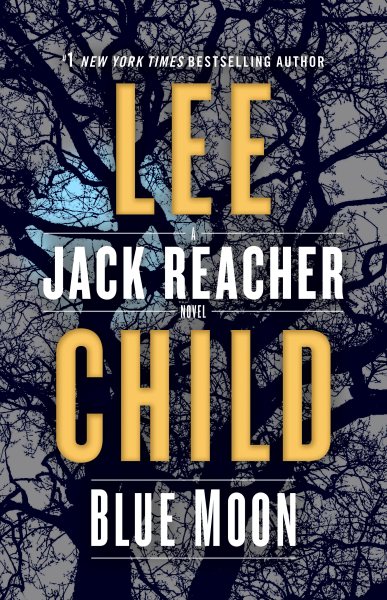 Jack Reacher was the first series I picked up after graduating a little over two years ago, on the suggestion of my father. After having read nothing but assigned nonfiction and literary classics throughout the entirety of my college career, it was absolutely refreshing to read Lee Child’s thrillers for the first time. Child admits he doesn’t aim to write with overly elaborate wordplay or any kind of deep imagery common to the literary world, which is what I was accustomed to; alternately, he writes direct, straightforward, plot and character-driven thrillers. This is not to say the Child’s mysteries are easily solved, or that the characters are dry or predictable, but that the books are meant to be enjoyed without the need for any over-analyzing. I’d forgotten the sheer joy of reading a book for fun, and I found myself legitimately excited to find out what would happen in each entry in the series I read.
Jack Reacher was the first series I picked up after graduating a little over two years ago, on the suggestion of my father. After having read nothing but assigned nonfiction and literary classics throughout the entirety of my college career, it was absolutely refreshing to read Lee Child’s thrillers for the first time. Child admits he doesn’t aim to write with overly elaborate wordplay or any kind of deep imagery common to the literary world, which is what I was accustomed to; alternately, he writes direct, straightforward, plot and character-driven thrillers. This is not to say the Child’s mysteries are easily solved, or that the characters are dry or predictable, but that the books are meant to be enjoyed without the need for any over-analyzing. I’d forgotten the sheer joy of reading a book for fun, and I found myself legitimately excited to find out what would happen in each entry in the series I read.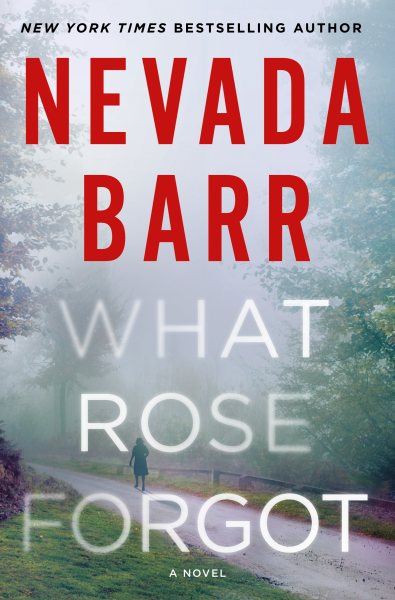 Over the years, Nevada Barr fans have grown to love the author’s sleuthing park ranger Anna Pigeon. However, in Barr’s new novel,
Over the years, Nevada Barr fans have grown to love the author’s sleuthing park ranger Anna Pigeon. However, in Barr’s new novel, 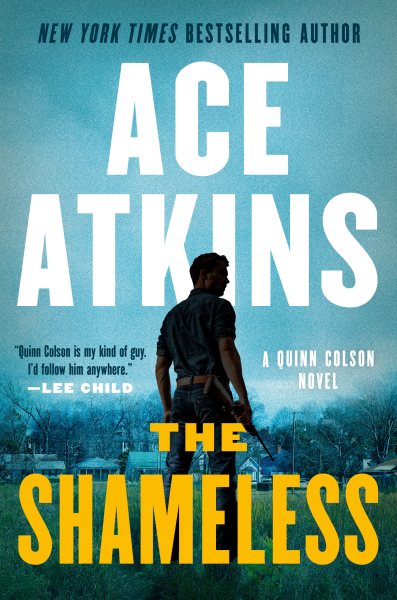 It’s hard to believe that Ace Atkins’ acclaimed Ranger series has logged book number nine with
It’s hard to believe that Ace Atkins’ acclaimed Ranger series has logged book number nine with 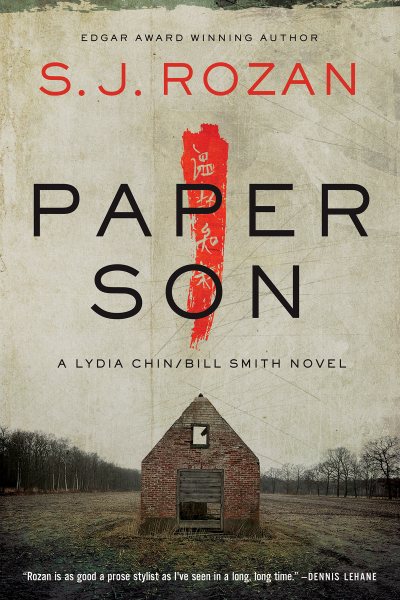 Multi-award-winning crime writer Rozan, herself a native and current resident of New York City, was intrigued when she first heard about the Delta’s long-established Chinese community, and proved that this “Most Southern Place on Earth” was also the best setting yet for another whodunit. And this time, it‘s personal: Lydia’s cousin–whom she never knew existed–has been accused of murdering his father.
Multi-award-winning crime writer Rozan, herself a native and current resident of New York City, was intrigued when she first heard about the Delta’s long-established Chinese community, and proved that this “Most Southern Place on Earth” was also the best setting yet for another whodunit. And this time, it‘s personal: Lydia’s cousin–whom she never knew existed–has been accused of murdering his father.
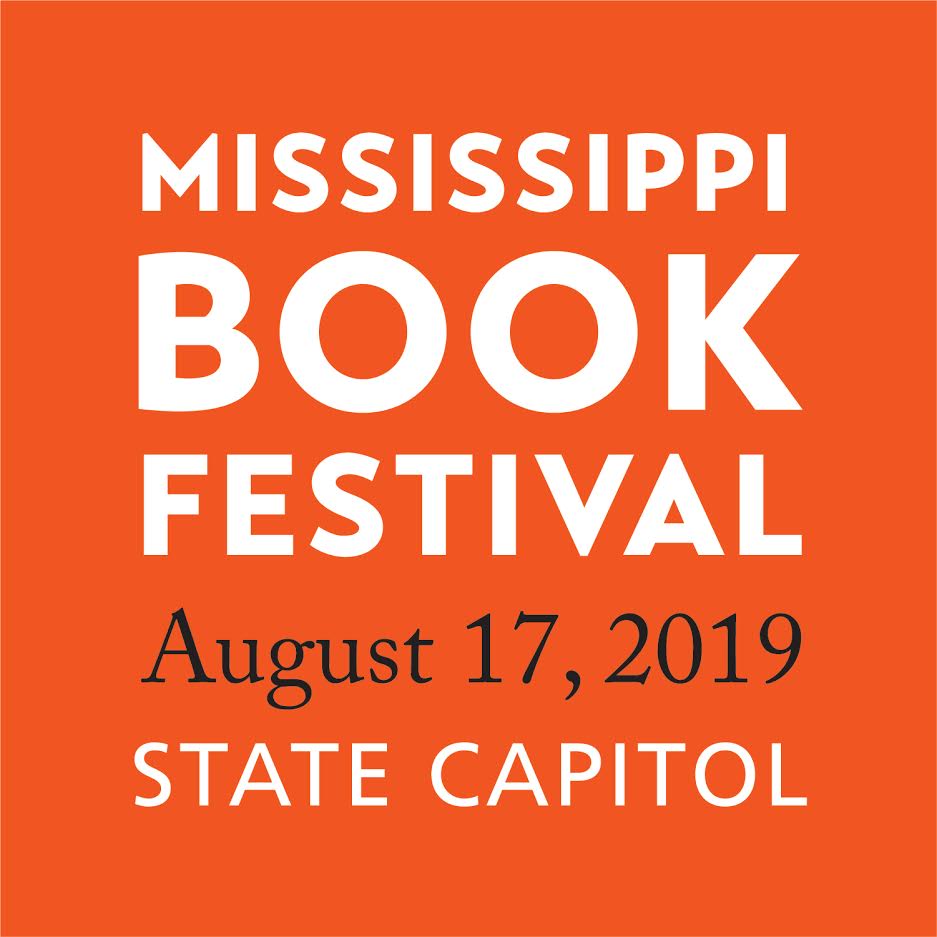
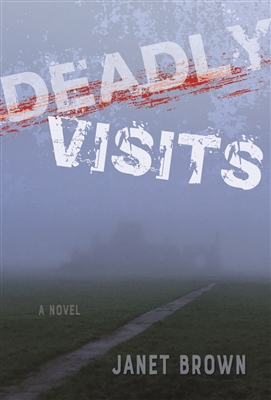 For a seemingly demure and grandmotherly-type lady, Janet Brown knows how to scare the crud out of you. Her fourth thriller,
For a seemingly demure and grandmotherly-type lady, Janet Brown knows how to scare the crud out of you. Her fourth thriller, 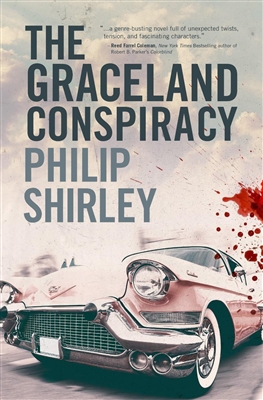 In a fast-paced page-turner, Philip Shirley weaves a tale of intrigue and nation-jumping that renews the debate over Elvis in the mystery novel
In a fast-paced page-turner, Philip Shirley weaves a tale of intrigue and nation-jumping that renews the debate over Elvis in the mystery novel 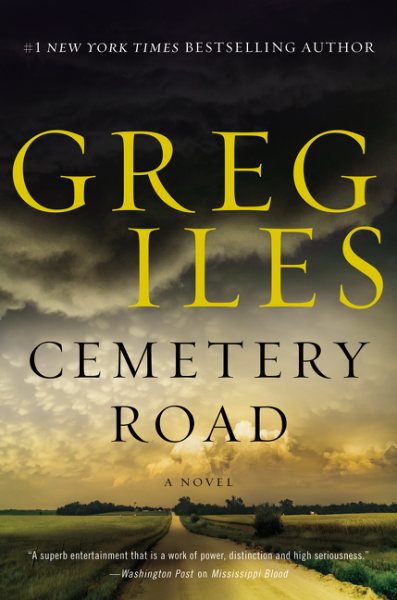 His newest,
His newest, 
 Well, the season is upon us: hundreds of hungry children dressing up like princesses and superheroes, anticipating candy by the truckload. But my treat came early in the form of John M. Floyd’s seventh exciting collection of mystery short stories.
Well, the season is upon us: hundreds of hungry children dressing up like princesses and superheroes, anticipating candy by the truckload. But my treat came early in the form of John M. Floyd’s seventh exciting collection of mystery short stories.